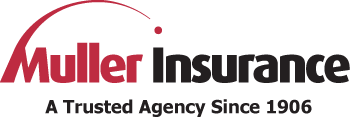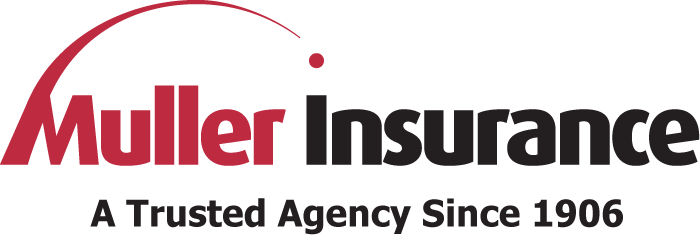The sharing economy has been around since the 1970s. However, it wasn’t until the 2000s when most consumers saw the sharing economy in action. Today, you would be hard pressed to find a person who has not used an app to order a ride or have food delivered. Now there are services that use a peer-to-peer model that allows individuals to offer their private vehicle for rent to individuals. However, this practice can have serious insurance implications.
Renting your vehicle.
If you decide to make your vehicle available to rent on a car-share service be aware that your personal auto policy will be unlikely to provide any coverage in the event of an accident. Almost all personal auto insurance policies contain coverage exclusions that remove coverages if a vehicle is used for a commercial purpose, like when it is used as a rental vehicle.
Generally, while your personal auto policy will not provide coverage, New Jersey does not have a law regulating peer-to-peer car sharing. Most car-share services provide third-party liability coverage in the amount of between $750,000 and $1 million.
Liability coverage isn’t the only concern for a vehicle owner. Again, your auto policy is unlikely to provide coverage for physical damage for the same reasons mentioned above. Many car-share companies do offer some sort of physical damage coverage—usually through contractual reimbursement. For example, the car-share company Turo pays 100% of eligible physical damage costs, but it does require payment of a deductible by the vehicle owner.
Renting a vehicle.
What if instead of putting your vehicle on a car-share service for rent, you rent a car from a car-service—what are the implications then? First, the third-party liability insurance mentioned above still would be in place and provide protection for third parties who are involved in an accident with a car-service vehicle. What about first-party coverage? For that, your personal auto policy will likely provide coverage. Most personal auto insurance policies will extend coverage to a rental vehicle for up to 30 days. This means you should enjoy the same coverage and limits in a rental vehicle as you would in your own personal vehicle.








